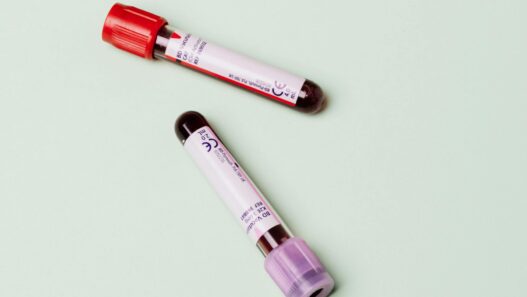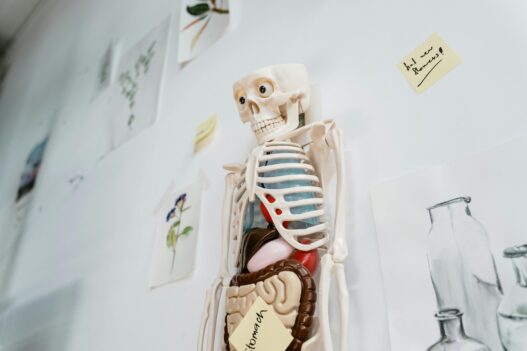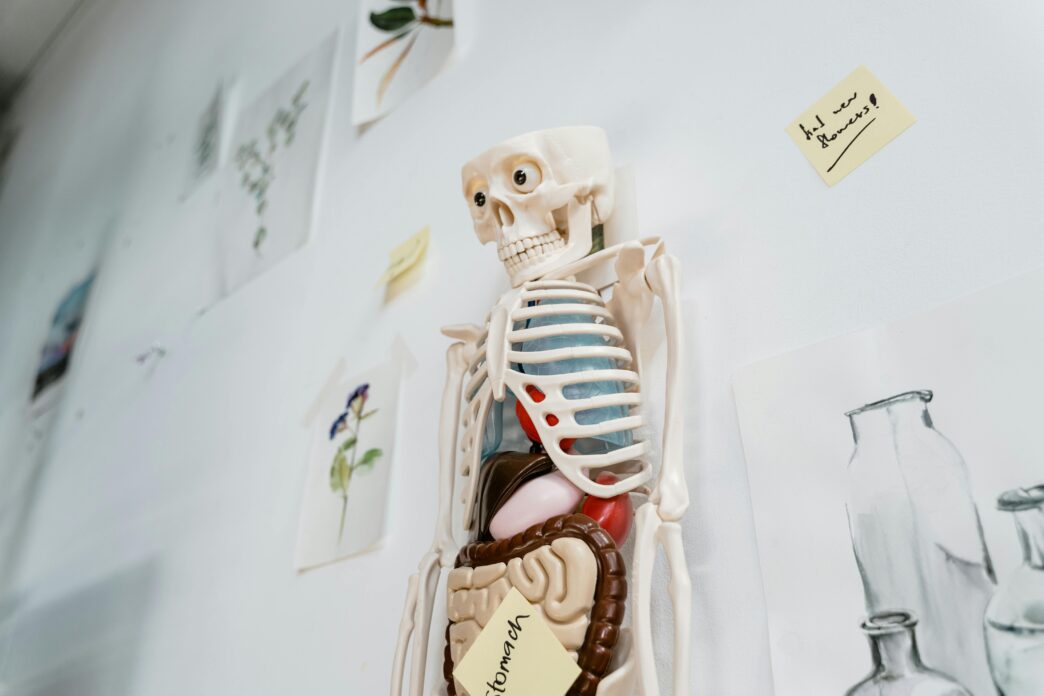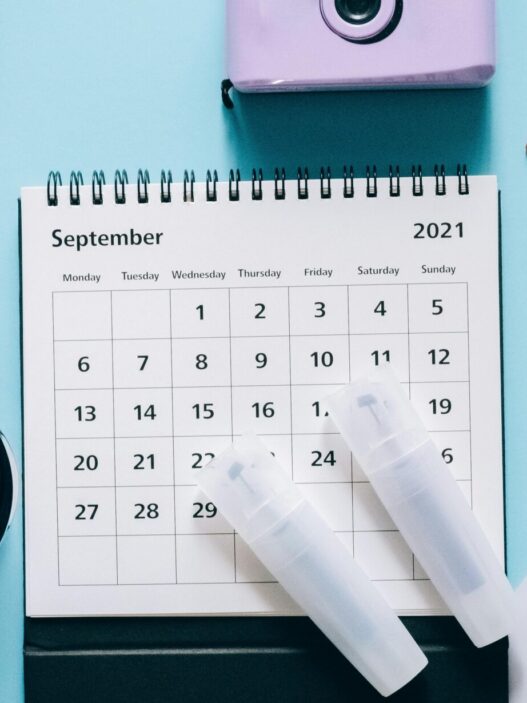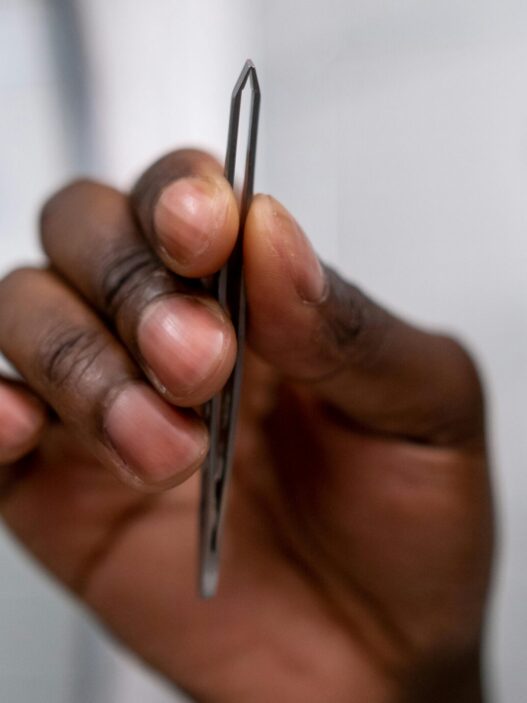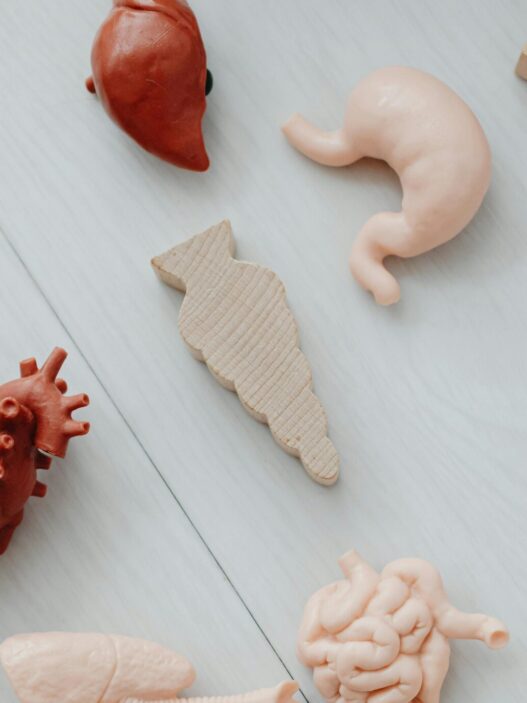As collagen accounts for 30% of the total protein content in all humans (making it the most abundant protein in the body), it is fair to say collagen plays multiple roles and functions across the body.
It is that flexible that, depending on the different levels of mineralisation which is how your body creates its own minerals, collagen tissues can either become rigid such as bones, compliant which means some level of flexibility such as tendons (which attach muscles to bone) or somewhere in between such as cartilage.
Within your body, collagen can be found in over 10 different places, playing vital roles in structure, strengthening and recovery, here is a breakdown :
- Cornea – the clear dome shaped cover at the front of each eye, helping to provide structure and improve elasticity and reduce the risk of eye condition.
- Blood vessel walls which helps with both structure, strength and blood clotting.
- Your gut by helping to improve water absorption, reduce bloating, improve digestion and intestinal stomach pain.
- Discs found in your spine that are made of cartilage – helping to reduce pain by providing the cushion between bones, reducing fracture risk and restore mobility.
- Teeth – helping to stabilise and support your teeth in the gums and benefiting the enamel. Collagen has also been used to promote gum health, including, to stimulate gum growth and thicken gums for those with a receding gum line and exposed gum roots.
- Hair – collagen supplements help to provide the amino acids needed in hair generation by the body. Whilst doing so it also helps to fight and reduce the number of damaged hair follicles, with a number of benefits such as more visible volume, improved texture and quality. It helps to reduce hair thinning at the follicles whilst promoting hydration and strength.
- Skin – in a recent study collagen has proven to improve hydration, elasticity, roughness and density, resulting in reducing the look of ageing, wrinkled skin, and revitalising the volume and texture.
- Tendons – as tendons are found all over the body such as in your elbows, knees, heels, shoulders and wrists, collagen helps to ensure that the durability (which is its ability to hold up against stress / wear and tear, pressure and damage) and strength of tendons is maintained, ultimately reducing the risk of injury.
- Cartilage – collagen accounts for 2/3s of dry-weight cartilage in the adult body. It is found in places such as your knees, ribs, joints and elbows. Collagen has been studied and found to help with cartilage repair, whilst also reducing inflammation and joint pain, especially for those with arthritis.
- Placenta – collagen helps to provide structure and maintain strength and tissue integrity.
- Ligaments – accounting for up to 80% of the dry weight of ligaments in the body, collagen maintains tissue integrity and helps to repair.
- Bones – making up to 90% of the organic bone matrix, collagen contributes to bone mass, reducing the risk of fractures and breakages.

